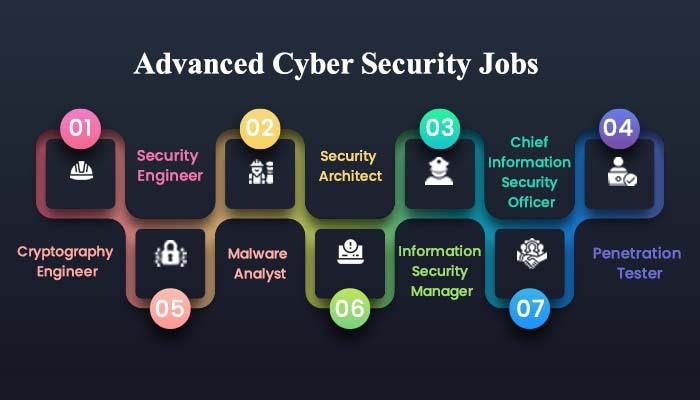Best Resources for Finding Network Security Jobs
Finding Network Security Jobs
To prevent cyberattacks on businesses’ information and infrastructure, Finding Network Security Jobs has emerged as an important and rapidly expanding area of study. There are a lot of chances in the field of network security, but it may be difficult to know where to start looking and how to differentiate yourself from the crowd.

Write out your objectives and strengths
You should know exactly what you’re searching for in a network security position as well as what you can bring to the table before you begin applying for employment. Various subfields fall under the umbrella of “network security,” which includes management, the field of engineering, evaluation, forensics, testing for penetration, and management.
Technical knowledge, qualifications, and experience levels vary across domains. Find out what each domain expects and needs, and see whether your present or future abilities are a good fit. When deciding on a network security domain, it’s important to think about what excites you, what you’re passionate about, and where you want your career to go.
Bring your portfolio and résumé up to date
Revamp your résumé and portfolio to highlight your expertise in network security once you’ve established your career objectives and talents. Your network security-related credentials, coursework, job history, projects, and accomplishments should all be prominently shown on your CV.
In your resume for the network security jobs you’re looking for, be sure to utilize terms and keywords that are relevant to the position. In addition, you need to compile a portfolio that showcases your work in the field of network security. Showcase your work on websites, social media, or online communities like GitHub or LinkedIn. Examples of your accomplishments in network security, such as reports, tools, code, or systems, should be included in your portfolio.
Post openings on internet employment forums and sites
Using job boards and portals is a typical and successful technique to discover network security employment. Sites like CyberSecJobs, CyberSN, Dice, Indeed, and Monster are just a few examples of the numerous online resources for finding network security employment.
You may narrow down your hunt for a network security job by firm, domain, level, location, or pay using these websites. Additionally, you have the option to set up alarms or profiles that will notify you or suggest appropriate network security tasks when they become available. Social media sites like LinkedIn, Glassdoor, and Hacker News are great places to connect with other people working in network security, keep up with industry news and developments, and build your professional connections.

Attend seminars and activities focused on network security
Participating in network security-related meetings and seminars is another strategy for finding employment in the field. You may display your network security expertise, meet possible employers, and discover new things at these kinds of meetings and seminars.
Websites like Defcon, Black Hat, RSA Conference, and SANS Institute host network security seminars and workshops. Another option is to search for conferences and activities related to network security in the vicinity, either locally or regionally. Before going to these meetings and other occasions, make sure that your portfolio and résumé are ready, dress properly, and rehearse your elevator speech. Also, remember to keep the progress of the people you meet and let them know you’re interested in collaborating with him.
Level up your expertise in network security
Lastly, if you want to work in the field of network security, it’s essential to keep learning and improving your abilities. Keeping abreast on the most recent developments in technology, tools, threats, and best practices is essential in the ever-changing realm of network security.
Attending a course, studying a book, attending to a podcast, viewing a video, or attending an online community and forum are all great ways to increase your expertise and understanding in network security. To further demonstrate your competence in the field and attract potential employers, consider earning a network security certificate like CompTIA Security+, Cisco CCNA Security, or EC-Council CEH.




